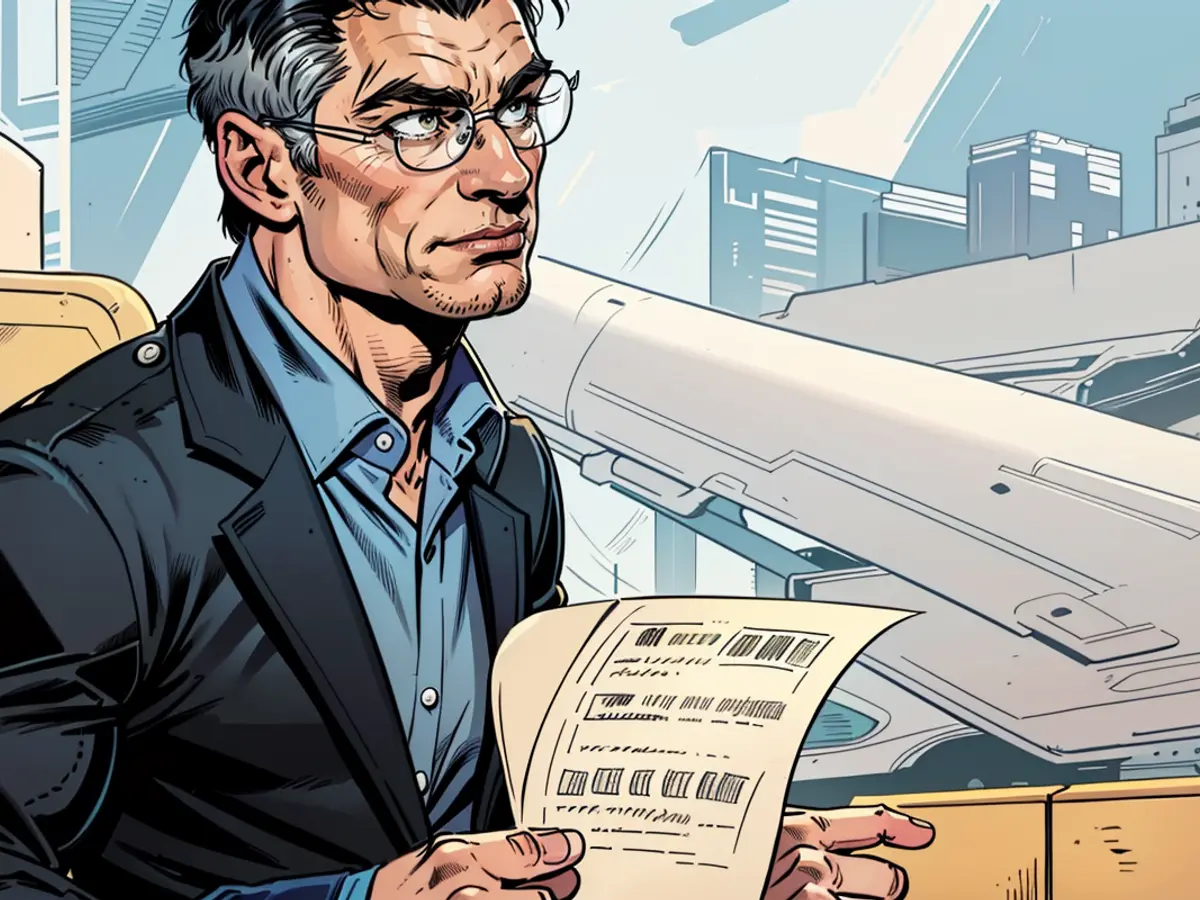- The AfD party in Brandenburg envisions the potential collapse of the firewall.
AfD Anticipates Crumbling Barriers Following Electoral Victory
According to the AfD's Brandenburg parliamentary group leader and lead candidate Hans-Christoph Berndt, the opposition to the AfD from other parties will gradually weaken if they emerge victorious in the state election. He stated, "If we become the dominant force and if Dietmar Woidke (SPD) steps down as he has announced, then a chain reaction will be initiated that cannot be stopped." Although it's plausible that the SPD and other parties might regain significant majorities against the AfD in the fall, Berndt believes the alliances won't last for five years due to the mounting internal conflicts.
Berndt Pinpoints Similarities Between AfD and CDU
Berndt emphasized the agreement between the AfD and the CDU on various policy matters. He noted, "There's a substantial alignment in our programmatic statements." Furthermore, he referred to potential difficulties for the 'traffic light' parties and the Left Party becoming a majority-maker for established parties in the upcoming federal election, resulting in the rapid dissolution of anti-AfD alliances.
CDU Refuses Coalition with AfD and Left
With the Brandenburg state election scheduled for September 22, the latest polls put the AfD (classified by the state constitutional protection office as a right-wing extremist threat) in the lead, followed by the SPD and CDU. These parties have traditionally shied away from collaborating with the AfD. Dietmar Woidke (SPD) hinted at his intention to depart from politics if the SPD fails to win the election.
Jan Redmann, the CDU's state and parliamentary group leader, reiterated after the polls in Saxony and Thuringia that the CDU would adhere to its long-standing ban on coalition deals with the Left and the AfD, asserting, "The resolution on AfD and Left still holds."
Left Questions CDU's Distance
Sebastian Walter, the Left Party's lead candidate, expressed his belief that the CDU's distancing from the Left Party cannot be sustained for the long-term. He commented, "If they really want to maintain stability and pursue politics, they can't maintain this position." Noting Thuringia's coalition negotiations after the election, Walter pointed out the constructive cooperation between the two parties on several issues, including constitutional amendments and various content-related matters, in the past five years.
Redmann, conversant with the Brandenburg Left, believes that there is no justification for distancing oneself significantly from them in the Brandenburg case.
In light of potential electoral success, Berndt suggested that the AfD might need a robust firewall to protect against potential backlash from opponents. This is because, as Berndt further explained, the AfD's rise could lead to a shift in alliances, making it crucial to secure their political position.








